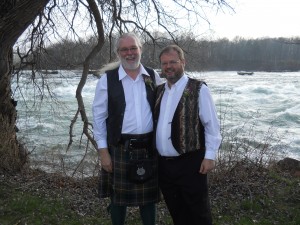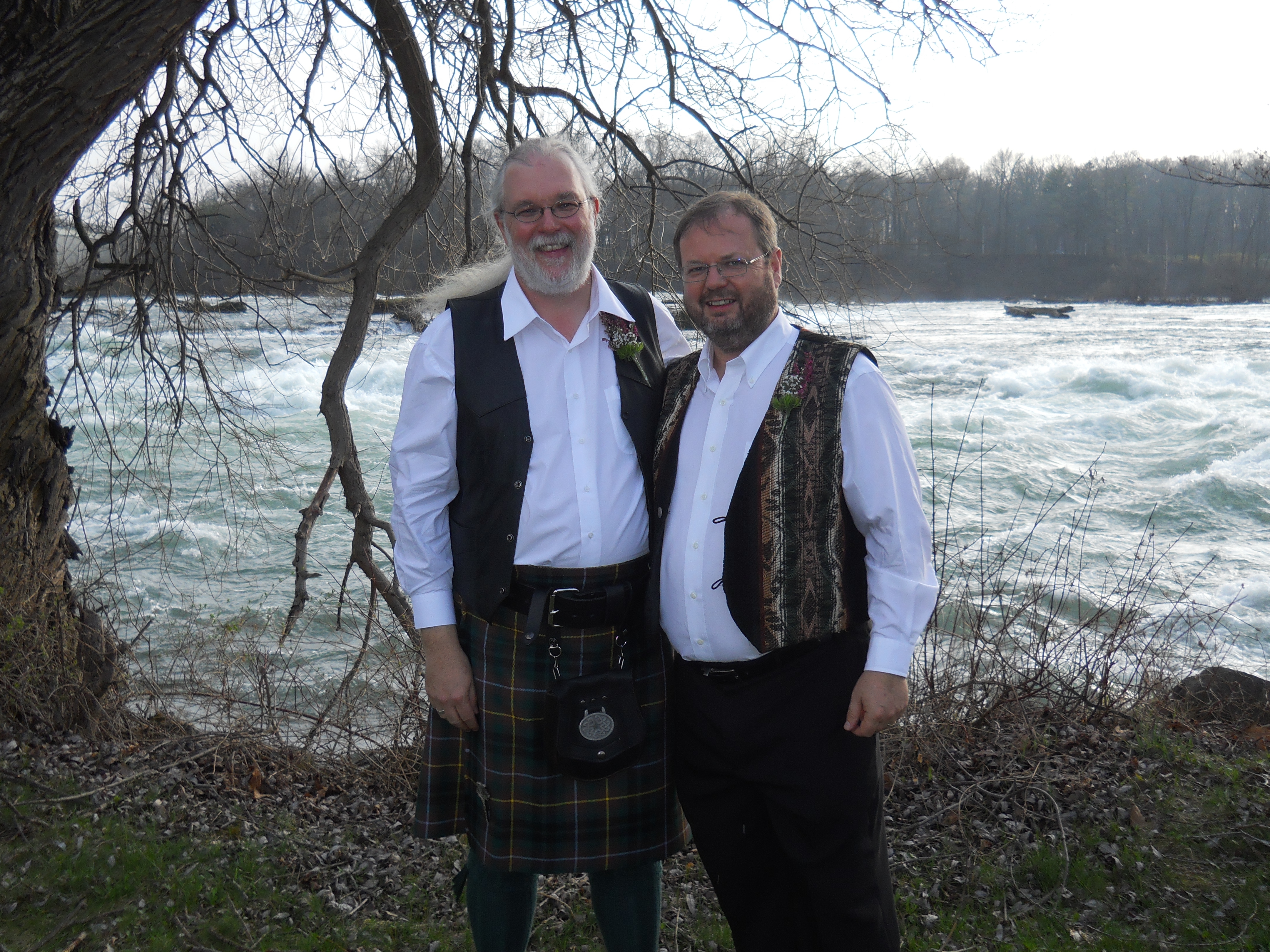The Last Presbyterian? Conversations with Ken Cuthbertson III
 Director’s Note: This week we discuss Ken Cuthbertson’s new book, The Last Presbyterian? Remembering the Faith of our Forebears (Wipf and Stock 2013). Today, the third part of my interview with him, discussing the status of women in the church, Presbyterian polity and John Knox, and “being good”, vs. “living with integrity”.
Director’s Note: This week we discuss Ken Cuthbertson’s new book, The Last Presbyterian? Remembering the Faith of our Forebears (Wipf and Stock 2013). Today, the third part of my interview with him, discussing the status of women in the church, Presbyterian polity and John Knox, and “being good”, vs. “living with integrity”.
Cynthia Holder Rich: Thanks for including a history of women in the Bible and in the church that offers a different perspective than popular takes on this history afford us. What is your estimation of the status of women in the church, particularly the Presbyterian Church, today?
Ken Cuthbertson: As far as the PCUSA is concerned: “Women rule!” …almost literally at times. I see that mostly as a good thing, as long as the men stay engaged. I know that there is still the challenge of breaking some stained-glass ceilings to advance professionally in ministry, but I cannot even conceive of the possibility of going back to the gender-exclusionary practices of groups such as the Presbyterian Church in America (PCA). Thanks be to God! One of the things I love about A Brief Statement of Faith is our confessional affirmation that God “calls women and men to all ministries of the Church.” [Emphasis added.]
I must say, however, that I am distressed at the way in which we have slipped away from being intentional about using inclusive language. It unsettles me to hear so much patriarchal and hierarchical language being used in the church at present. What happened?
The biggest challenge for women in ministry is, of course, the Roman Catholic hierarchy’s continued exclusionary policy. It remains a mystery to me how they can so highly honor a woman for bearing the Word made flesh out of the substance of her body, and then continue to deny women the right and privilege of consecrating the body of Christ at the table. I do not, however, expect to see duly ordained women RC priests in my lifetime. Maybe it will happen in 50 or 60 years. (It takes Rome about a century to deal with issues like this, and they are about 40 years into the process.)
CHR: Your chapter on polity is fascinating. Share here on your sense of the Knoxian shifts present in the 2011 revision of Presbyterian Church (USA) Polity, often referred to as the New Form of Government (nFOG).

KC: I was fascinated when the nFoG committee chose to lift up the “marks of the Church” from the Scots Confession as a recurring organizational theme. They are applied to every level of church organization from the local congregation to the General Assembly. In the confession the marks are (1) the right preaching of the Word, (2) the right administration of the sacraments, and (3) the right administration of godly discipline. The new versions shift away from the emphasis on right-ness, but do embrace the three marks. The most amazing shift of all, in my estimation, is the re-direction of the notion of “godly discipline” to that of nurturing “a covenant community of disciples of Christ.” (F-1.0303) That is huge! It warms the quarter of my heart that is Disciples of Christ by ancestry.
There is just no way around the fact that John Knox was a harsh, and rather scary, man… much more so, indeed, than Calvin. The regimen of the Knoxian Kirk of Scotland for its first two centuries, in particular, was stern and authoritarian. The elders were, essentially, the local morality police, hauling Sabbath-breakers and fornicators before the session. It was that harshness, in part, that eventually alienated Thomas and Alexander Campbell (the founders of the Disciples of Christ movement) from their Northern Ireland Presbyterian roots. They wanted a more “Christian” and gospel-centered way of being church. They wanted to be “disciples.” So, it seems, did the nFoG committee.
The other big surprise in the nFoG was that they led with the affirmation that congregations, not presbyteries, are the basic (but not of themselves sufficient) form of the church. Connectionalism is necessary for accountability, responsibility, and mission, but the foundational units are the local congregations. That, too, represents a huge shift!
John Knox was not very concerned with polity theory. In his day they were just trying to throw together something that provided the necessary accountability, responsibility, and missional cooperation for the Scottish Kirk, adapting the city-state form of church governance found in Geneva into a broader territorial setting. Knox was basically a pragmatist. I do think, however, that the nFoG has probably raised some eyebrows in heaven (if we have eyebrows in heaven) among the likes of Andrew Melville and various of the Scottish commissioners to the Westminster Assembly.
CHR: Share some on your understanding of the difference between “being good” and “living with integrity”, a distinction you call Presbyterians to adopt and live into.
KC: “Being good” – as I use the term in the book – is about externals, following the rules, and acting in ways that others expect. It is a form of legalism and perfectionism. “Living with integrity” is internal. It requires profound honesty, courage, and compassion for self and others. As I was forced to come to terms with the realities of my own life, I had to face the fact that trying to “be good” in the conventional sense was not possible if I wanted to live and be true to myself as God had apparently made me. But I could endeavor to be honest, and to try to live in an honorable and caring way. That is what I truly think God is calling us to. The traditional commandments were, and in most instances continue to be, excellent guides to living… but what really matters is how we manage to embrace wholeness and love one another in ways that promote peace and well-being for all.

